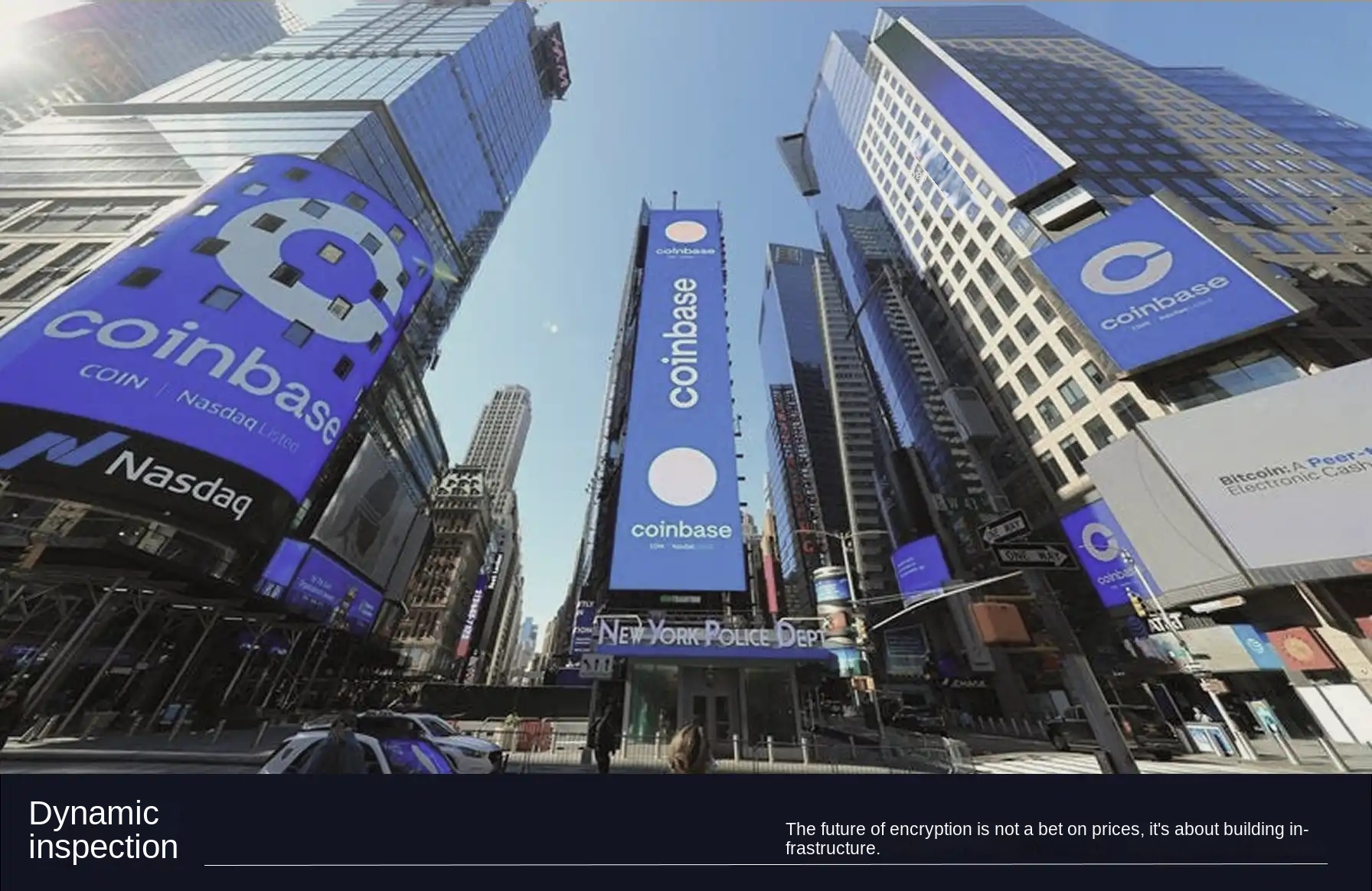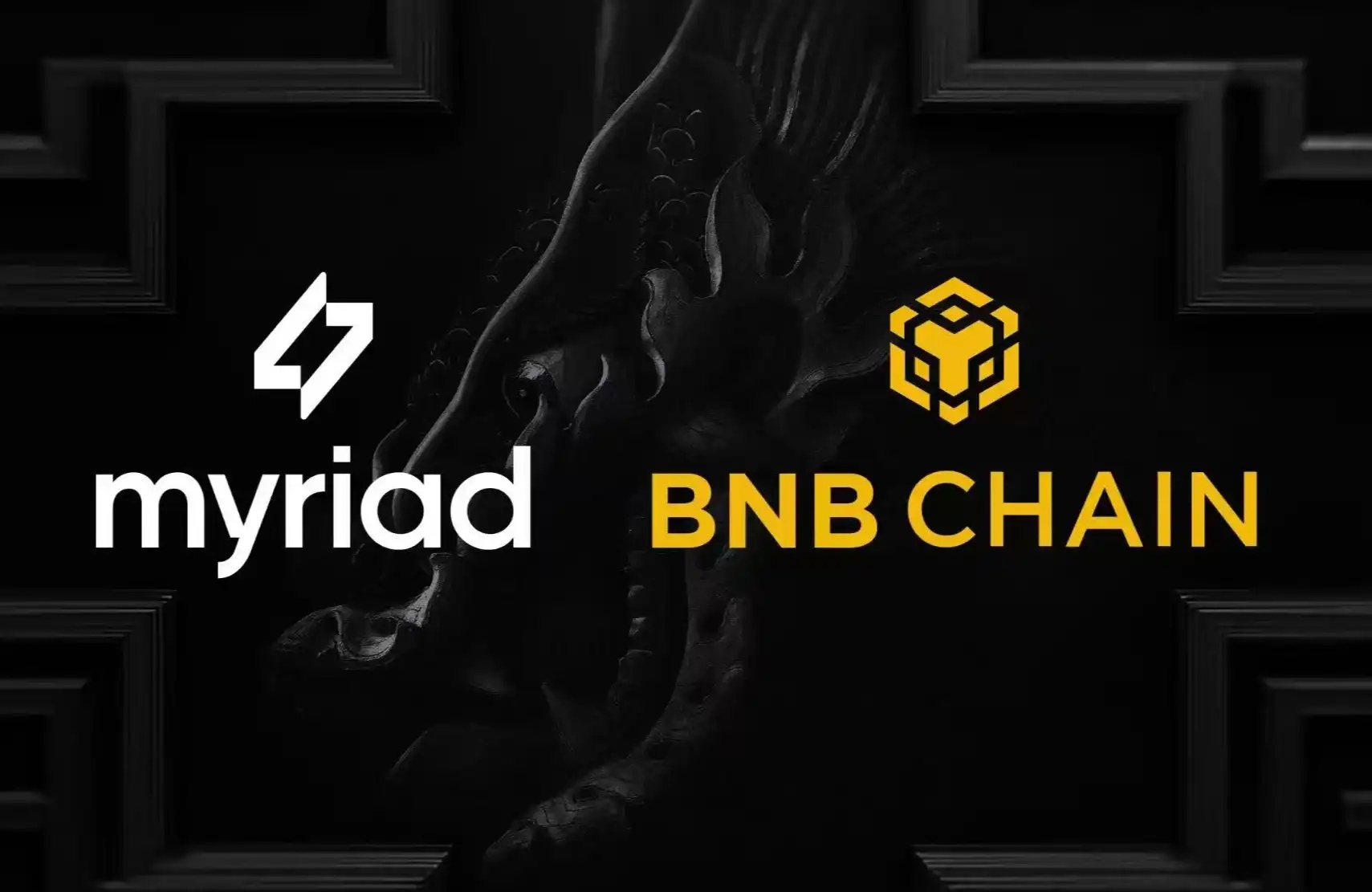Current count over 150, has Ethereum L2 been "overbred"?
Original Article Title: "With Over 150 L2s, Do We Really Need So Many Ethereum Layer 2s?"
Original Article Author: Joe, BlockTempo of Dooqu
As Web3 investment frenzy reaches new heights in 2025, everyone from startups to Wall Street giants is chanting the mantra of "building their own Ethereum Layer 2." However, senior analyst Paul Brody warns that for the vast majority of companies, an independent L2 may be just an expensive illusion.
The Dual Temptation: Low Cost, High Control
The core selling point of L2 lies in "parallel security and efficiency." Companies can leverage Ethereum mainnet's security mechanisms while reducing gas costs through batch settlements.
For example, Coinbase's Base saw a record $4.9 million fee revenue in June but only paid around $50,000 to the mainnet. Moreover, the design of centralized nodes allows companies to customize fees, access permissions, and data visibility, resembling an upgraded version of a traditional private chain.
The Harsh Reality: Most of the 150 L2s Go Unnoticed
However, behind the enticing narrative, market data pours cold water. According to L2Beat, there are over 150 L2s, with the total value locked (TVL) mostly below $1 million, and user activity is sparse. In a landscape saturated with homogeneous competitors, relying solely on being "faster and cheaper" makes it difficult to stand out.
After investing in development, manpower, and marketing, if traffic cannot be quickly aggregated, L2s are likely to become sunk costs.
Which Companies Actually Need to Build Their Own? Look at Wall Street's Example
Brody points out that only institutions capable of "bringing in a large number of native transactions at once" justify building their own L2. The most typical examples are large financial service providers with a substantial retail investor base. JPMorgan Chase's Onyx division has tokenized gold through L2, saving about 20% in costs; BlackRock's BUIDL Fund has brought a US Treasury ETF on-chain, with assets under management surpassing $2 billion; and Securitize also manages $3.7 billion in assets on L2 and provides on-chain lending.
The common thread in these cases is: large transaction volume, on-chain operations as a core business, and the need to maintain a high level of control within a regulatory framework.
With the Ethereum Pectra upgrade on the horizon, the cost per transaction is expected to drop to $0.001–0.08, making high-frequency scenarios more attractive. However, this ticket is not cheap, and companies still need to overcome three hurdles:
1. Ability to Aggregate Transaction Volume Far Beyond Peers
2. Whether On-chain Transactions Are Directly Linked to Revenue Model
3. Whether the Built L2 Creates a Difference That Other Networks Cannot Provide.
Historical Warning: Private Chain Lessons Reappearing
Most enterprises want to control the bargaining power and also levy taxes on the ecosystem, leading to the idea of building their own. A similar impulse occurred in the era of private chains, but due to a lack of interoperability and liquidity, most projects ended hastily. Brody bluntly stated, "History always repeats itself because we are not good at learning from it."
If there is no significant transaction volume, L2 still requires operation, auditing, and security updates; rather than fighting alone, it is better to connect to existing L2 solutions that are mature, open, and cost-effective.
In conclusion, L2 is not a panacea. When the market dividend fades away, the crucial watershed for success lies in whether you can rationally evaluate your own needs and invest capital in areas that truly create value.
Welcome to join the official BlockBeats community:
Telegram Subscription Group: https://t.me/theblockbeats
Telegram Discussion Group: https://t.me/BlockBeats_App
Official Twitter Account: https://twitter.com/BlockBeatsAsia


 Forum
Forum Finance
Finance
 Specials
Specials
 On-chain Eco
On-chain Eco
 Entry
Entry
 Podcasts
Podcasts
 Activities
Activities
 OPRR
OPRR








